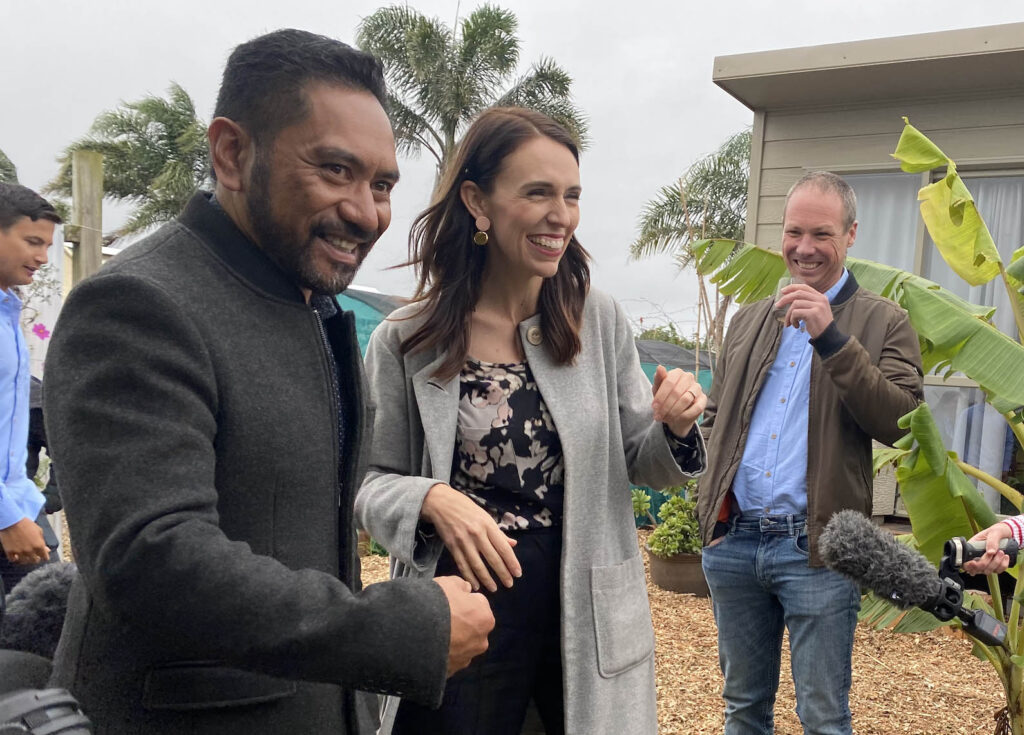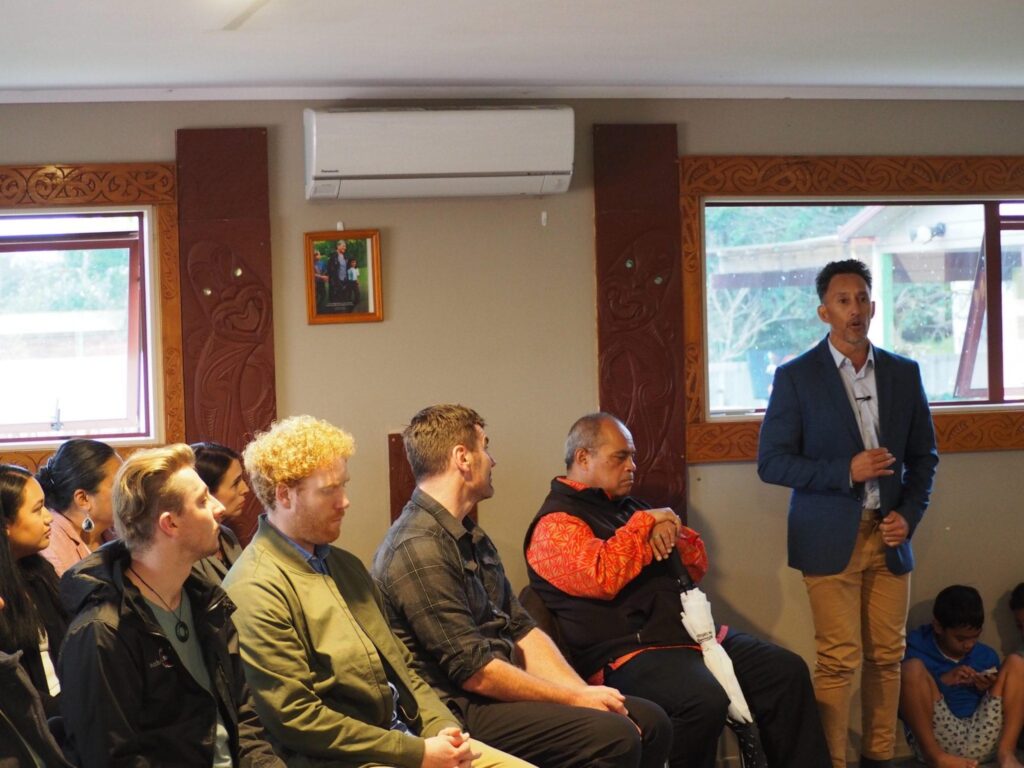
Papatūānuku Kōkiri Marae hosted Prime Minister Jacinda Ardern on April 20 to share their kaupapa around addressing food insecurity in South Auckland.
The marae are champions in regenerative growing practices within an urban setting. Along with the culturally diverse community, the marae is building social capital.
Papatūānuku, which means Mother Earth, set up community gardens on a hectare of land nearly 30 years ago, under the tutelage of beloved kuia (female elder) nanny Mere Knight. Their gardens run off tank water which collects rainfall and is distributed throughout the garden. They’re able to sell their produce at the Grey Lynn Markets and on social media and their website.
They also run the Kai Ika Project, a partnership with commercial fish processors to utilise fish heads, frames and offal which were previously going to waste.
“Since 2016, we’ve saved 52 tonnes of fish scraps,” says Lionel Hotene, Kaitiaki Matua of the marae.
“We’re reducing food waste and addressing food security, something that is really needed for our whānau here in Māngere,” he adds.
During the visit, which was also attended by Hon Aupito William Sio and Māngere-Ōtāhuhu Local Board chair Lemauga Lydia Sosene, Prime Minister Ardern endorsed for projects such as Kai Ika Project to be replicated across the country.
“Let’s take this brilliant idea and grow it. If we can replicate projects such as this, we could be a country that is free of poverty when we have such an abundance of resources,” says PM Ardern.
“No one should be living in poverty,” Arden added.
Mason Ngawhika, Kaiārahi Māori at Healthy Families South Auckland, The Cause Collective, has been working with Papatūānuku since 2018 to drive change for better health and wellbeing outcomes in places where we live, learn, work and play.
“This hui was a great way to showcase how a return to our indigenous food practices is beneficial for local communities,” says Mason.
“South Auckland has the largest Māori and Pacific population in New Zealand, much of the food knowledge and food expertise still exists in our local communities,” he added.
Click here to view our photo gallery.
